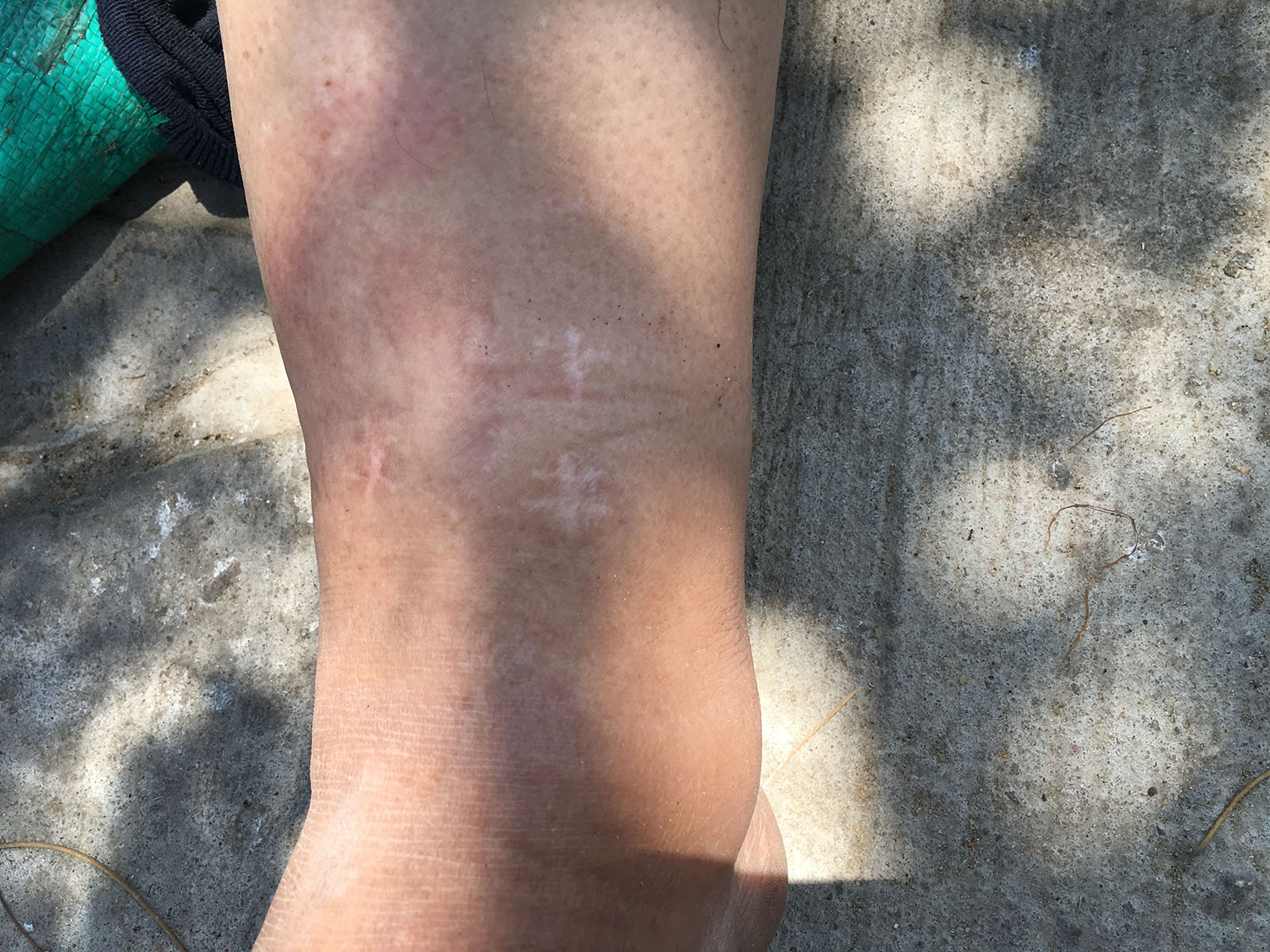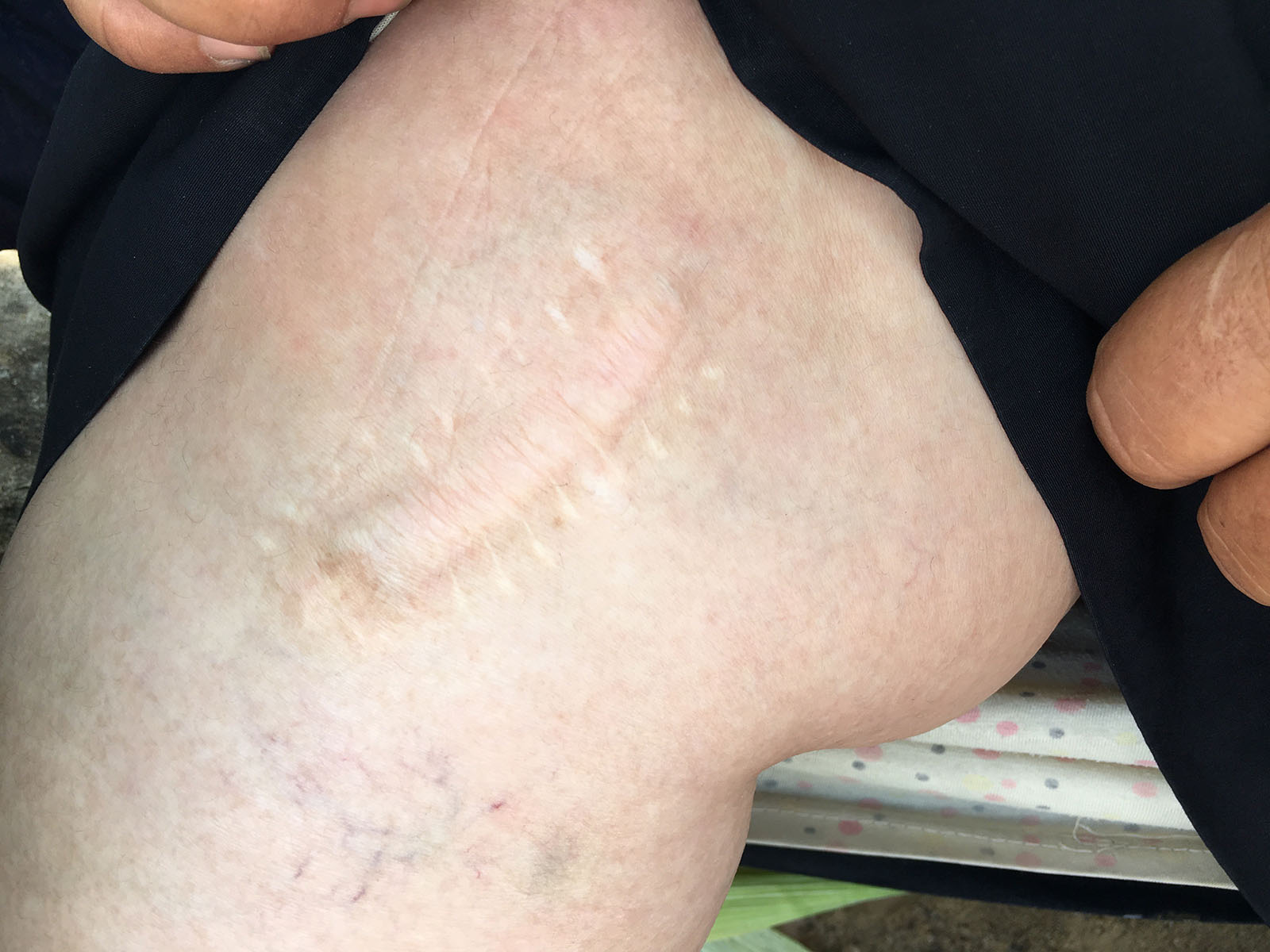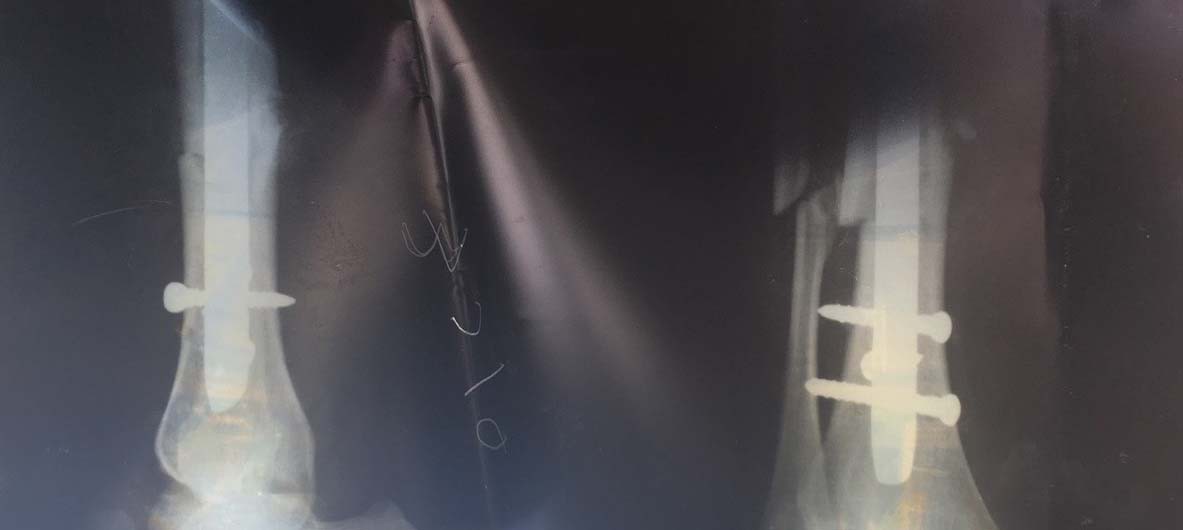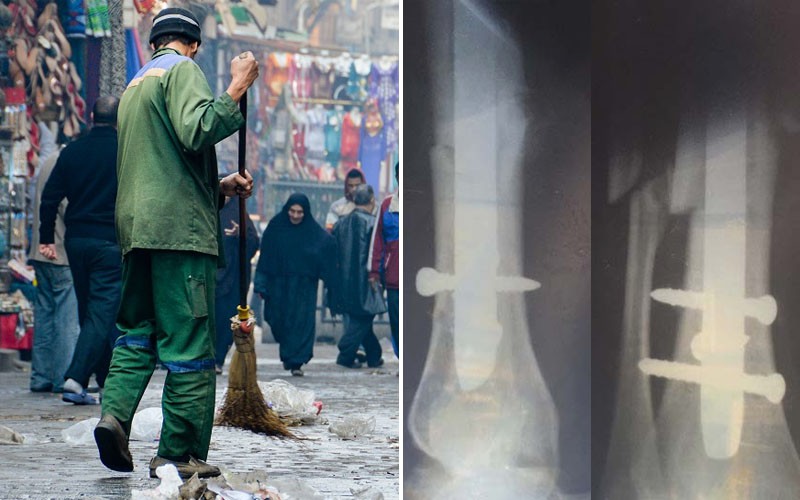Poverty is a growing social problem that has riddled the Egyptian society for decades. Little do we know about the lives of the victims of this social atrocity. According to a survey done by The Central Agency for Public Mobilization and Statistics (CAPMAS), the poverty line has reached 27.3% in 2014/2015, and the monthly expenses needed to sustain basic necessities today is 482 LE.
Among those within the 27.3%, are the street cleaners we pass by and see daily on the streets of Cairo. To get a clearer idea about their lives and the struggles they face, we spoke to street cleaners working under Europa 2000. The waste collection company has been operating within New Cairo, Maadi, Helwan, and Tora among a few other areas, for years.
“For the minimum of 200 hours per month spent working under the sun, the workers get a monthly wage between 400-600LE”
For starters, their job begins each day at around 5am, when they wake up for work, and ends between 3:30-4:00pm when their shift ends. This averages down to 10 working hours per day. For the minimum of 200 hours per month spent working under the sun, the workers get a monthly wage between 400-600LE. According to some workers, all those under the age of 30 get a 600LE monthly salary, whereas those above 30 years of age get 400LE. According to other workers, those above 30 years of age are paid 450LE not 400LE and according to yet another group of workers, all of them are paid 550LE equally. In all cases, these wages are just about enough – if that – to cover their daily necessities.
According to all the workers we spoke to – who refrained from giving out their names out of fear – the company does not offer any health insurance, meals or rewards, “when we first began working, they gave us boxes that said we would be provided with a daily meal and insurance, but I’ve been working here for many years and I’ve gotten none of that”, one of the workers tells us, wearing protection gloves he got years ago with his own money. Other unrelated workers shared this same complaint to us on several occasions. One of the other men showed us the scars and scratches on his hands, expressing his concerns regarding the lack of proper cleaning equipment such as protection gloves.
“when we first began working, they gave us boxes that said we would be provided with a daily meal and insurance, but I’ve been working here for many years and I’ve gotten none of that”
“If anything were to happen to us, they would take our suits and not give a single care about helping us”, again, two unrelated workers said this to us on two separate occasions. One of the supervisors of the street cleaners also spoke to us, “Eid of last year, a car stopped across the road to pass out rice and food, one of the women who were working then crossed the road, got run over and died. That was that”, he tells.
As support to these testimonies, we were shown firsthand the injuries of a group of female street cleaners that were exposed to car accidents on the streets. According to them all, no monetary or health help was given. Two women actually had to get surgeries done where nails were embedded into their bodies. In both cases, the money needed for these surgeries came from people wanting to help and from the drivers that were responsible for the accidents.


In one instance, the surgery needed 10,000 LE and was paid for by donors as well as the driver. Both women showed us the scars on their legs, and one of them showed us the X Rays of the surgery done on her leg as additional evidence to the physical scars,
“In my opinion the operation could’ve been done in a better way. The screws are too long for the bones, and the thin fibula bone to the left of the right leg is displaced. The two ends are not close to each other, and the doctor should’ve tied them with a wire during the surgery”, Ameer Al-Sheikh, an Emergency Medicine Physician at an American Hospital outside of Egypt told us referring to the X Ray images below. This goes far enough to show that even when these workers do get medical attention it is not of good quality.

Regarding where they go back to at the end of the day, no shelter is provided. The workers either go back to their hometowns, or back to their rented home or apartment that requires a monthly rent of 200LE, which one can imagine is a great amount of money in comparison to their wages.
We tried to get in touch with Mazen El-Kotait, the owner of Europa 2000 to get his personal statement on the street workers working under his company. However, the company was unavailable on all the numbers we found. If they would like to respond, we would be more than happy to receive their statement.
Featured Image: Shutterstock/Panu Kosonen

